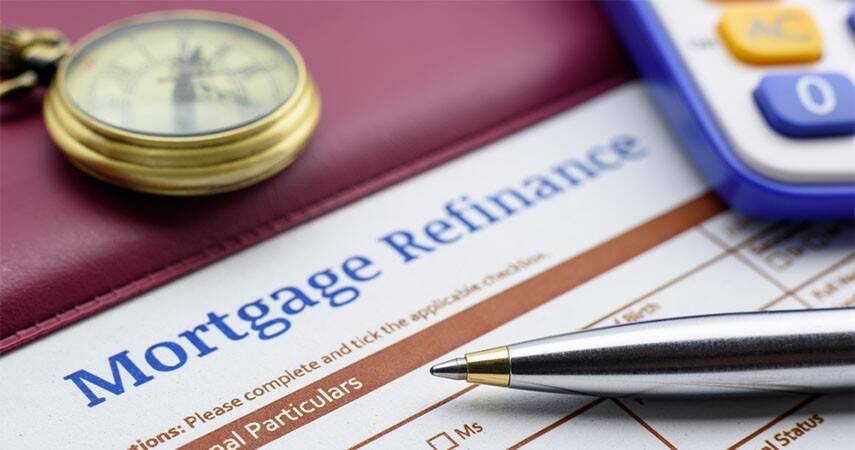We discuss how you can pay it off early:
1. Take advantage of zero pre payment charges:
Most banks and loan lending institutes now offer a zeros charge on pre payment facility after RBI’s notice. Take advantage of this facility and try to pay an extra EMI whenever you gather a lump sum amount of money. This will reduce your principle amount which will reduce the loan amount. Most of the loan lenders pay off extra EMI yearly as in they pay 13 EMIs in a year, to reduce the cost of the home loan. But make sure the extra EMI that you are paying is not dis- balancing your monthly budget.
2. Switch to a lender offering lower home loan rate:
Switching to a lender offering low EMI is a good option. But make sure that the new lender isn’t offering you an introductory offer; else it can turn out to be a bad decision. Keep in mind that your current lender will not want you to lose a customer and will charge you heavily if you choose to switch your loan. Make sure that the deal woks in your favour.
3. Earn more than you pay:
Consult a financial advisor and invest in the area where you are going to invest and an interest of 12-15 percent monthly. The interest of 9-9.5 percent that your pay monthly should be covered by the investment that you make. This will not hurt your financial balance.
4. Stick to the same interest that you pay:
Even if your monthly interest rates fall, stick to the amount that you were paying. This will reduce your loan tenure by reducing the principle amount. Since you are already paying the said amount, you will not feel the pinch even if the interest falls.
5. Use your bonus:
Every year most employees get bonuses from their employers. It is wise to use the bonus and pay it towards the home loan instalment. This will help you in paying an extra EMI every year.
6. Create the offset account:
This account is created for the sole purpose of the transaction of loan EMI. The higher the amount in the offset account, lower the monthly EMI. The interest charged on the offset accounts depends on the amount on the account. Pre- check the interest charged on home loan saver account or the offset account. The interest can be different or higher than the standard loan rate.







